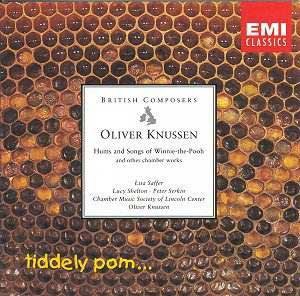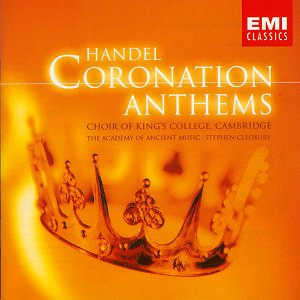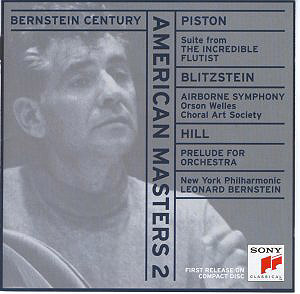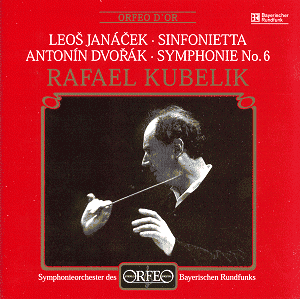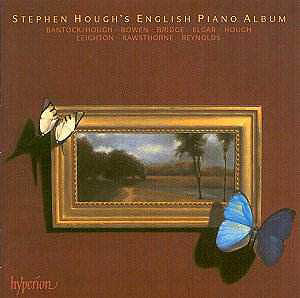 Composer: Stephen Hough
Composer: Stephen Hough
Works: Alan Rawsthorne – Four Bagatelles; Stephen Reynolds – Two Poems in Homage to Delius; Two Poems in Homage to Fauré; Stephen Hough – Valses Enigmatiques Nos. 1 and 2; Edward Elgar – In Smyrna; Granville Bantock (arr. Hough) – Song to the Seals; York Bowen – Reverie d’Amour, Serious Dance, The Way to Polden; Frank Bridge – The Dew Fairy, Heart’s Ease; Kenneth Leighton – Six Studies (Study-Variations) Op. 56
Performers: Stephen Hough (piano)
Recording: Rec 2001 DDD
Label: Hyperion CDA 67267
Stephen Hough’s English Piano Album offers a delightful exploration of lesser-known British repertoire, deftly illuminating the nuances of a musical landscape that often remains overshadowed by its more illustrious counterparts. This Hyperion release serves both as a testament to Hough’s virtuosic pianism and as a curated selection that celebrates a diverse range of composers, each contributing uniquely to the British canon. Hough, an accomplished pianist and composer in his own right, brings an intimate understanding to this collection, ensuring that each piece resonates with authenticity and emotional depth.
The performance of Alan Rawsthorne’s Four Bagatelles is particularly striking. Hough imbues these miniature works with a vibrant clarity that captures their essence, demonstrating deft control over dynamic contrasts and phrasing. The second bagatelle, with its playful yet elusive motifs, showcases Hough’s ability to navigate its intricate textures effortlessly, while the final piece’s wry humor is rendered with a delightful touch. In contrast, the Elgar piece, In Smyrna, benefits from Hough’s sensitive touch, allowing the lush harmonic language to bloom without overwhelming the listener. The phrasing here is expansive yet measured, echoing Elgar’s own contemplative spirit while underscoring Hough’s interpretative choices.
Exploring the contributions of newer composers such as Stephen Reynolds, Hough’s interpretations of the Two Poems in Homage to Delius and Fauré reveal a deep engagement with the stylistic nuances of these influences. The Rustic Idyll exhibits a delicate lyricism that feels reminiscent of Delius, albeit with a modern sensibility that Hough navigates with ease. The Serenade and Dance of Spring, influenced by Fauré, exhibit a lively spirit that Hough captures with a buoyant touch and rhythmic vitality, drawing the listener into a world of pastoral charm. These interpretations reflect Hough’s dual role as performer and composer, blurring the lines between homage and innovation.
York Bowen’s works—Reverie d’Amour, Serious Dance, and The Way to Polden—are given fresh life through Hough’s thoughtful interpretations, each piece revealing Bowen’s lush harmonic language blended with rhythmic playfulness. Hough’s expressive phrasing in the wistful Serious Dance contrasts beautifully with the more robust textures of The Way to Polden, where Hough balances the pastoral themes with a buoyant energy.
Kenneth Leighton’s Six Studies, however, introduce a stark contrast to the overall lightness of the program. Hough navigates their complexities with remarkable precision, particularly in the final study, where the piano erupts into a percussive climax that feels both exhilarating and challenging. The technical demands of these works are met with Hough’s characteristic deftness, showcasing his dual prowess as a pianist and a discerning musical interpreter.
The recording quality, engineered with care, allows for a vivid soundstage that captures the subtleties of Hough’s playing while highlighting the individual character of each work. The balance between the piano and ambient resonance is expertly managed, ensuring that the listener experiences both the clarity of Hough’s articulation and the warmth of the instrument’s tone.
Renowned for his advocacy of British music, Stephen Hough’s English Piano Album stands as a significant contribution to the ongoing revival of this repertoire. Each work is treated with respect and insight, revealing the rich tapestry of British musical identity. Hough’s pianism transcends mere technical prowess; it embodies a deeply felt connection to the music, inviting listeners to explore and appreciate a collection that celebrates the often-overlooked treasures of the British piano repertoire. This recording is a commendable addition to both Hough’s discography and the catalog of British classical music, recommended for both enthusiasts and newcomers alike.
